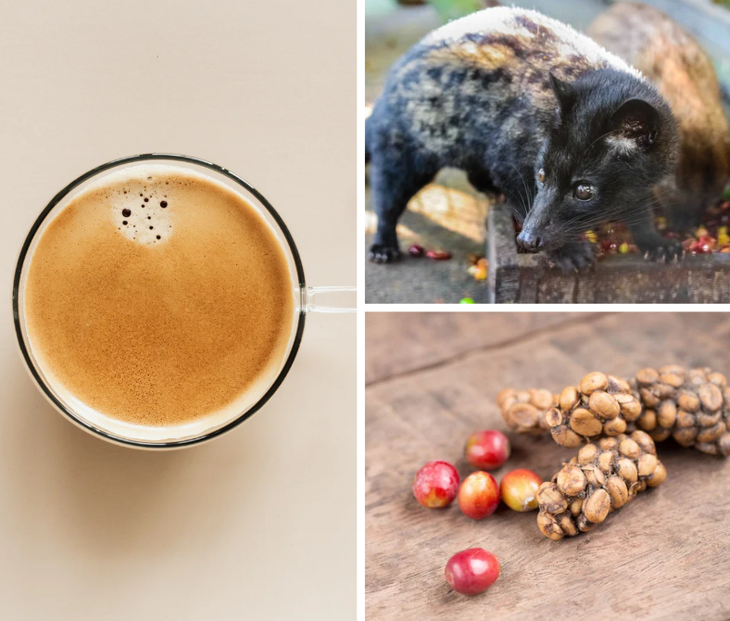
Chemical analysis reveals the flavor secrets of the world's most expensive coffee - Photo: AI
Research published in Scientific Reports shows that the natural fermentation process inside the civet's intestines changes the chemical structure of the coffee beans, increasing the fat content and some characteristic aromatic compounds, giving civet coffee a fatty, aromatic and less bitter taste than regular coffee.
The civet ( Paradoxurus hermaphroditus ) is a small mammal related to the cat, living in the forests from India to Indonesia. They love to eat ripe fruit, especially coffee cherries. As the coffee beans pass through the civet's intestines, the flesh of the fruit is digested, while the beans are "excreted" intact in the feces.
These beans are then picked, washed, and roasted to create the famous coffee that costs $600-1,300 per pound (about 14-32 million VND/kg). It is this "pure gold" price that has sparked controversy over the terrible conditions that civets are kept in on some commercial civet coffee farms.
A team led by zoologist Ramit Mitra (Central University of Kerala, India) collected 68 samples of wild civet feces in the Kodagu region of southern India, where Robusta coffee is grown. They compared the digested coffee beans with whole beans from the same trees.
The results showed that the seeds passed through the civet intestine had a higher fat content, especially two compounds caprylic acid methyl ester and capric acid methyl ester , which help create a rich, milky flavor.
Protein and caffeine content, which reduce bitterness, are also significantly reduced.
Scientists say it is this change that creates the smooth, rounded, less bitter taste that has made civet coffee so “legendary.” However, they note that the experiment was conducted on unroasted beans, and the roasting process will continue to change the taste and aroma of the coffee.
In Vietnam, the world's second largest coffee exporting country, civet coffee has also appeared since the early 2000s and quickly became a specialty of the Central Highlands, especially in Dak Lak , Lam Dong, and Gia Lai.
Some farmers here collect coffee beans from the droppings of wild civet cats, dry them naturally, and then process them by hand, producing a coffee with a mild aroma, a slightly bitter taste, and a deep sweet aftertaste.
However, the market also has many fake products, or products made from civets raised in narrow cages, making experts and consumers increasingly concerned about "ethical coffee", wildlife protection and sustainable processes.
Source: https://tuoitre.vn/khoa-hoc-giai-ma-bi-an-vi-thom-ngon-doc-nhat-vo-nhi-cua-ca-phe-chon-20251026150648074.htm



![[Photo] Opening of the 14th Conference of the 13th Party Central Committee](https://vphoto.vietnam.vn/thumb/1200x675/vietnam/resource/IMAGE/2025/11/05/1762310995216_a5-bnd-5742-5255-jpg.webp)







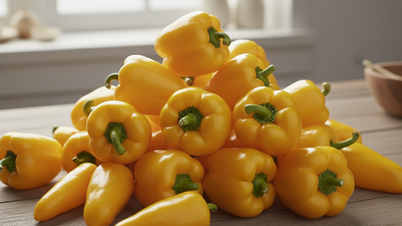
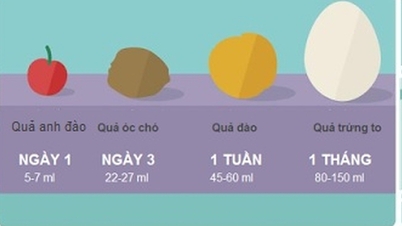


![[Video] Not Alone - Online Safety Day](https://vphoto.vietnam.vn/thumb/402x226/vietnam/resource/IMAGE/2025/11/05/1762347906381_sequence-0100-00-17-02still001-jpg.webp)

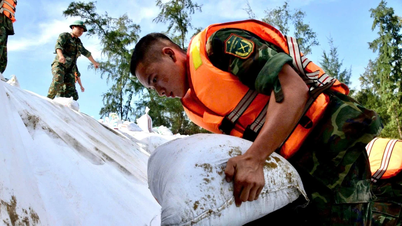















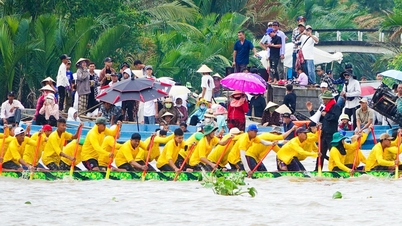
![[Photo] Panorama of the Patriotic Emulation Congress of Nhan Dan Newspaper for the period 2025-2030](https://vphoto.vietnam.vn/thumb/1200x675/vietnam/resource/IMAGE/2025/11/04/1762252775462_ndo_br_dhthiduayeuncbaond-6125-jpg.webp)











































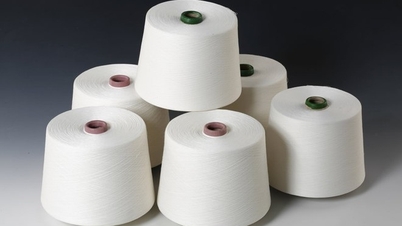


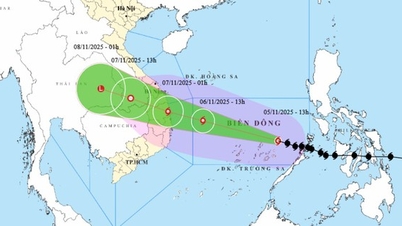





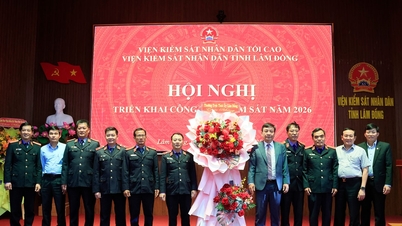

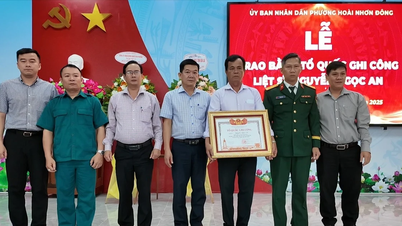

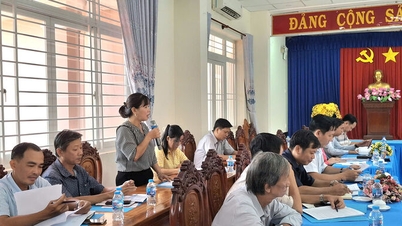

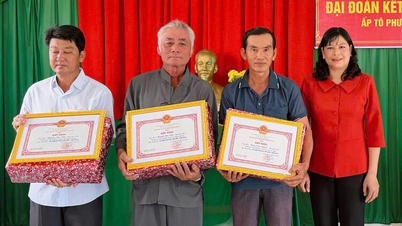
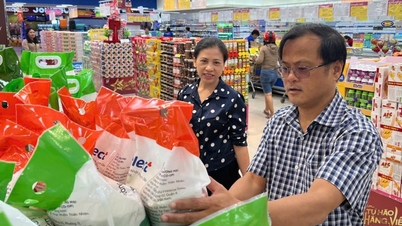












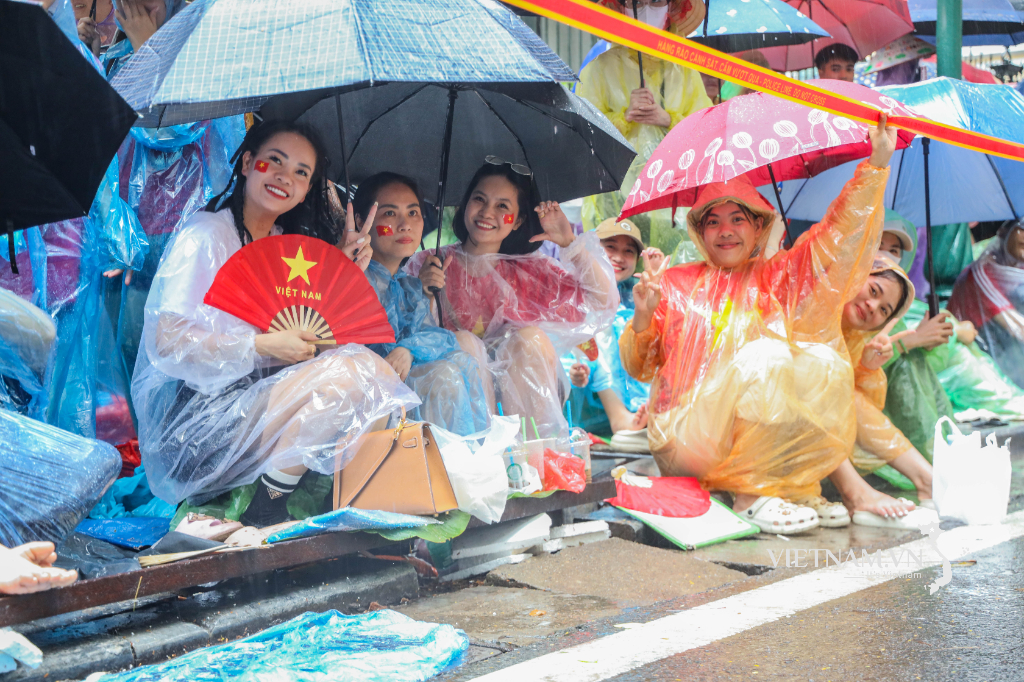



Comment (0)